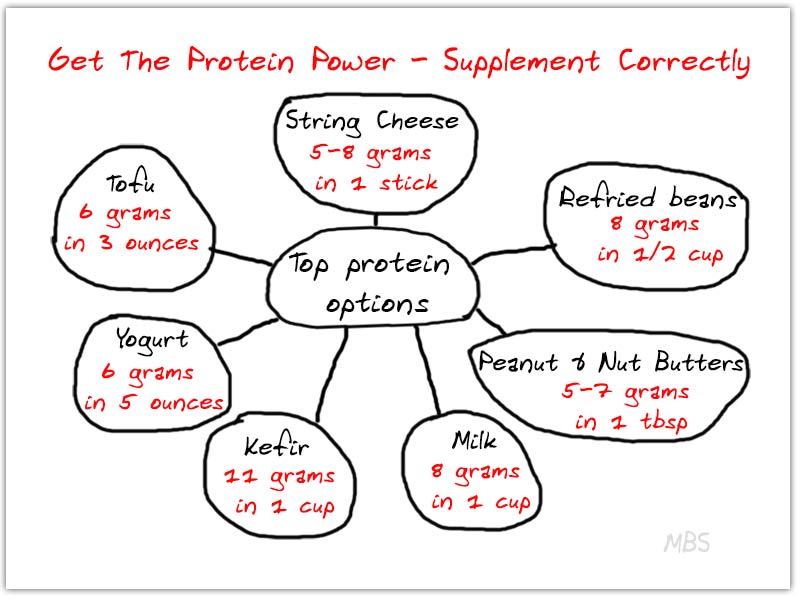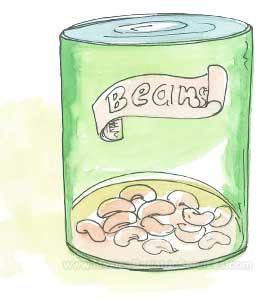Should I Supplement Meals With Protein Shakes Post Bariatric Surgery?
Medically Reviewed by Katelyn J. Mock, US-Registered Dietician (R.D.)
A client who had her gastric sleeve bariatric surgery in Mexico asks:
Is it OK to supplement meals with protein shakes (6 months after bariatric surgery, especially when one is busy; it is just easier for me to have a shake for lunch or dinner while I go between meetings)?
As answered by our US-registered bariatric dietitian:
“Yes, that’s fine. If you’re having a busy day, then a planned protein shake is a good way to get some energy (calories), protein, and at least some vitamins/minerals. I do recommend limiting them to once a day though. If you’re having two or three protein shakes on a regular daily basis when your 6 months out from surgery, you are probably not getting enough of a variety of nutrients. Whole foods like fruits, vegetables, whole grains, meats, nuts/seeds provide your body with antioxidants, phytonutrients, and fiber that are usually lacking in protein drinks.
If you find yourself regularly downing a protein drink during the day instead of a meal, focus on incorporating fruits/vegetables into your snacks. Examples of this could be 1/2 banana and string cheese, an apple and peanut butter, cucumber slices and 1/2 cup cottage cheese.”
Additional Protein Sources Post Bariatric Surgery
So, I am going to give you guys some protein options for post-op anywhere for being around from 2 to 4 weeks after surgery to 2 years out and we will kind of make out a differentiation here as we go.
String Cheese
Let’s start with the string cheese or any other single package cheeses.
- Get anywhere from 5 to 8 grams of protein.
- You don’t have to get fat-free.
- Most people can tolerate some cheese around week 3 to 4 if they take small bites and that is a very good option.

Tofu
Tofu takes the flavor of whatever you are cooking it with or the sauces you add to it. So, this about a 3-ounce portion about the size of a deck of cards.
- It does not look very appetizing but it depends on what you are flavoring it with.
- I will always add some steamed vegetables.
- Add some kind of sauce on it — marinade or teriyaki for example.
Yogurt
Next is yogurt. This is an Icelandic yogurt.
- It has higher protein content.
- It has got 6 grams (of protein) in one serving (which is 5 ounces).
- Most of the people can tolerate it maybe around a month into post-op.

Peanut and Almond Butter
- Two tablespoons of nut butter have anywhere from 5 to 7 grams of protein.
- Most of them will have close to 7 grams.
 Refried Beans
Refried Beans
- Do look for a vegetarian or low-fat option of around 8 grams of protein for half a cup.
- Have anywhere from a third to half a cup of beans melted with a bit of cheese on top.
- Throw in a bit of hot sauce if you like and you have got a nice little meal that has anywhere from 8 to 12 grams of protein in it depending on how much cheese you put there in it.
Kefir
If you have never had it before, it basically tastes like yogurt. It is just thinned out a little bit.
- This is really good to help those probiotics in your body to help with good gut function.
- It can have different levels of calories.
- It usually has a little bit more protein than a typical cup of milk which has just 8 grams of protein in it.
So, these are all good protein options. Once again, most of them are really well-tolerated around week 3 to 4, post-op.



